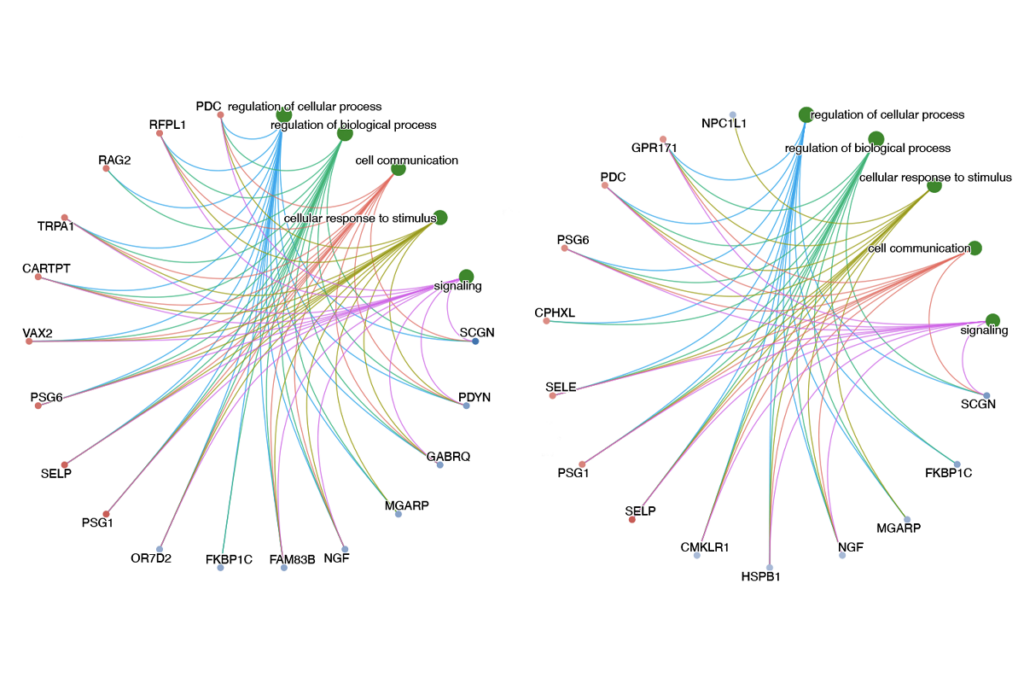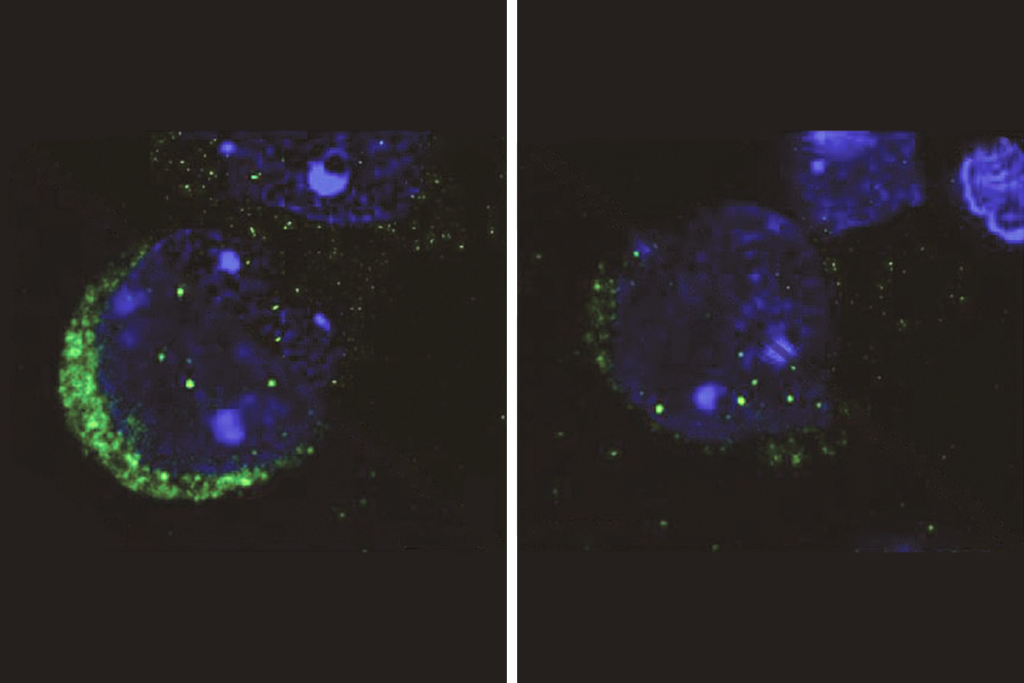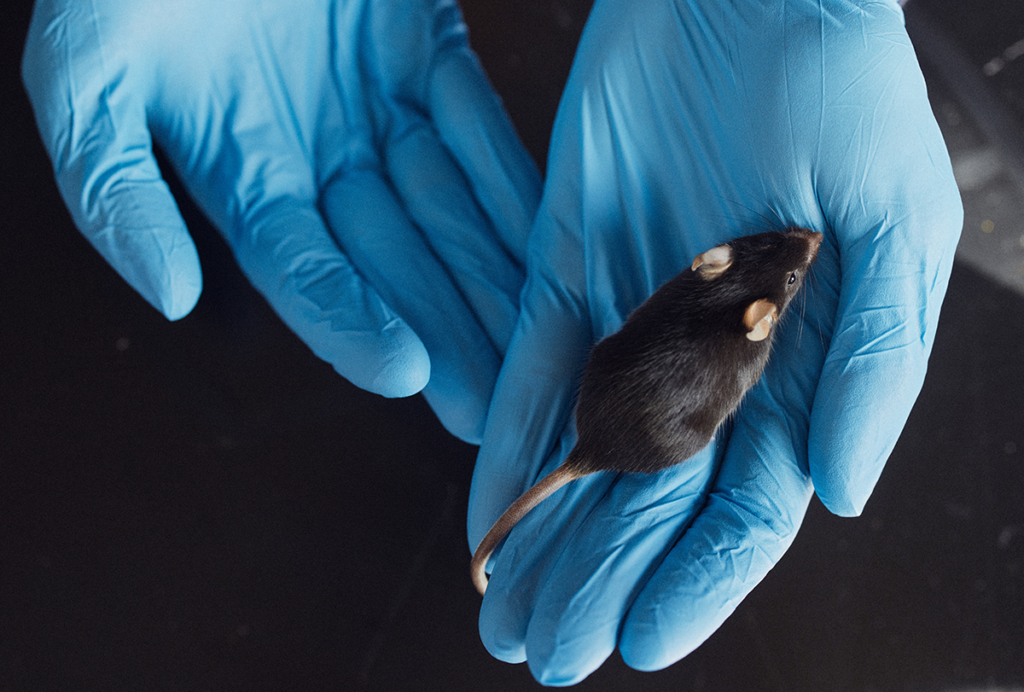When Jane Allendorfer took a position as an assistant professor at the University of Alabama at Birmingham, she was told what she would need to do to get tenure, including make significant contributions to research, teaching and service — and show sustained excellence in two of those areas.
Allendorfer threw her efforts into research, collaborating with a wide net of scientists, and she focused on service, eventually working her way up to become the associate director of the university’s neuroimaging facility and of its Neuroscience Roadmap Scholars Program, which supports neuroscience graduate students from underrepresented backgrounds. Once she had her own extramural grant funded, she says, she knew that her department would support her application for a promotion and tenure review.
But some people on her tenure review committee pointed out that few of her many papers listed her as the last author. Being the last author connotes project leadership, which was required for tenure, they concluded.
The decision came as a surprise. “If that was the bar, why didn’t they tell me?” she said during a roundtable career discussion at the Organization for Human Brain Mapping conference last month.
Allendorfer ultimately received a promotion, but she would have to go through the tenure review process a second time to secure tenure.
Most institutions outline requirements for promotion and tenure, which can differ by school or department. But within those guidelines, there are plenty of unspoken expectations, as Allendorfer discovered — whether a researcher seems independent enough, whether they have collaborated enough, and whether they have published enough and published in the right journals, to name a few examples.
These implicit requirements disproportionately affect people of color, writes Patricia Matthew, associate professor of English at Montclair State University in New Jersey, in her 2016 book Written/Unwritten. After dealing with her own unexpected tenure denial, Matthew told the Los Angeles Review of Books in 2017 that she was “struck” by the similar stories she heard from faculty of color. “Regardless of their institutional affiliation and what they had accomplished, they were left feeling as if they were facing arbitrary standards that were not applied to their white counterparts and that the review process was unnecessarily opaque.”
One way to navigate those implicit requirements is to find a sponsor, Allendorfer told Spectrum — someone who already has tenure and who can point out issues and provide opportunities, such as invitations to host a talk or introductions to other researchers. Or ask a mentor for help, she says. “It’s not that mentors don’t want to help you. They sometimes don’t know that this is also needed.”
Ultimately, institutional changes are necessary, Matthew said in her interview. Making tenure requirements more transparent and encouraging more dialogue ahead of tenure review can help reduce the effects of bias in the system, she said. Some institutions have taken steps to do this in recent years, including Harvard University’s Faculty of Arts and Sciences in 2021.
Still, Allendorfer told Spectrum, a final factor to consider is whether the process is worth it. At some institutions, academics can receive a promotion by focusing on only one of those areas of excellence rather than the two required for tenure. That could mean a pay bump earlier in their career, she says. “There’s pros and cons to starting [on the] tenure track.”
Jobs, trainings and funds:
- Applications for the Autism Science Foundation’s Profound Autism Pilot Grants are due 15 September. The grants will be awarded to postdoctoral or faculty researchers studying profound autism and provide a year of funding up to $35,000.
- The Max Planck Florida Institute for Neuroscience will host a course on Advanced Neuroimaging Techniques early next year, 5 – 17 February 2024. This course is aimed at “anyone interested in using imaging in their neuroscience research, including graduate students, postdoctoral or clinical researchers, and early-career independent investigators,” according to the site.
- Cleveland Clinic Lerner Research Institute is hiring a lab technician for rodent handling, surgeries and behavioral training. The deadline is 31 August.
- The Autism Research Center at Cambridge University seeks a research associate to lead a randomized controlled trial of music therapy with autistic children. “You would be based in Cambridge UK working with a supportive team with expertise in both music therapy and autism research,” tweeted Simon Baron-Cohen, who is a principal investigator on the project.
- The University of Michigan in Ann Arbor is hiring a tenure-track assistant professor in biopsychology, “broadly in the areas of behavioral, systems, or integrative neuroscience,” according to the job listing.
- The University of San Diego is hiring a tenure-track assistant professor in neuroscience. Applications are due 11 September.
- And because it’s academic job-posting season, here’s one more: Oregon Health & Science University in Portland is hiring a tenure-track assistant professor in behavioral neuroscience. The listing notes that the ideal applicant would “work on the basic translational aspects of understanding behavior and the causes, detection, and treatment of diseases.”
Recommended resources:
- “By incorporating diverse voices [into the field of neuroscience], the field can challenge existing paradigms, foster innovative thinking, and generate new ideas,” said Monserrat Orozco, a graduate student in biomedical sciences at the University of New Mexico in Albuquerque, in a Q&A with the Society for Neuroscience.
- How can early-career professors avoid losing important emails, such as requests for letters of recommendation? Use a Google form instead, suggests Maria Hugh, assistant professor of special education at the University of Kansas in Lawrence. She designed a template that professors can provide to students for such requests and tweeted it out to her followers. “I’m also hoping this helps identify some of the #HiddenCurriculum for students. Feedback and Copy[sic] & sharing welcome!” she wrote.
- “There is no single rulebook for workplace culture in academic research,” writes a team of researchers in an article for eLife. Having a lab handbook can help bring clarity to those murky waters — and the act of creating it can bring labs together, they write.
Any suggestions for how to make this newsletter as useful as possible, or recommendations for what topic we should cover next? Send them to [email protected].






